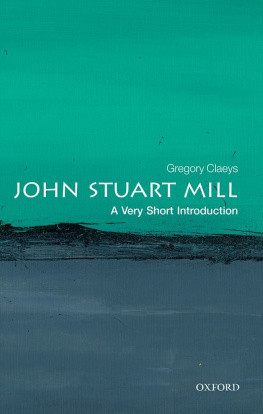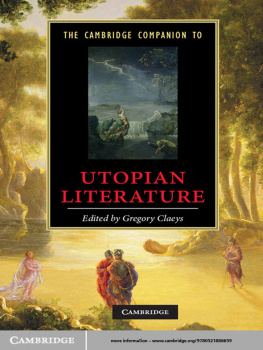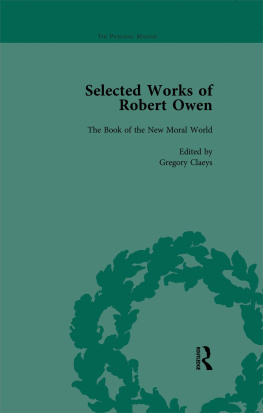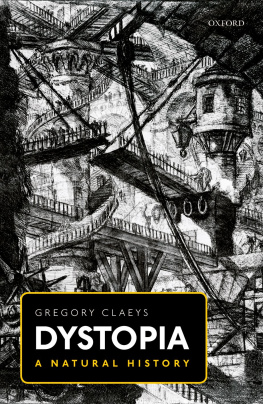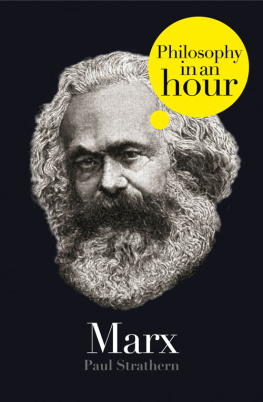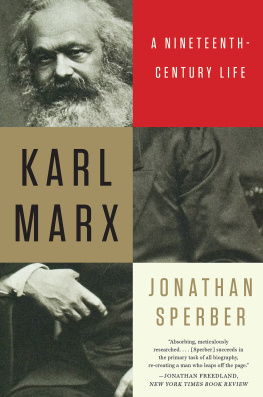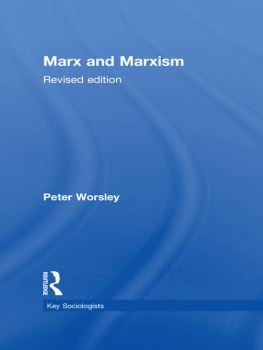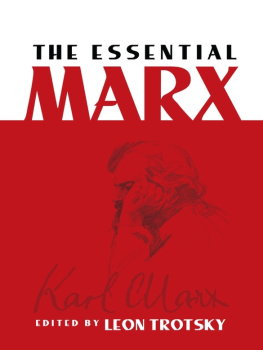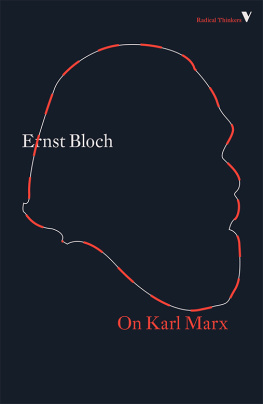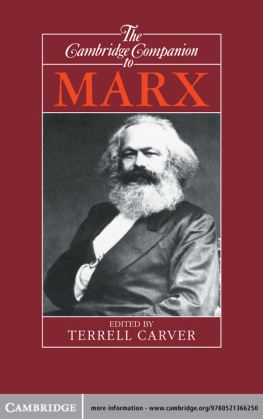Contents
If they had then claimed he had walked on water or had awakened from the dead, few would have been surprised. He looked the part of the Father, too. The old man with the grey beard and shaggy hair the portrait most know of Marx bears more than a passing resemblance to the grumpy patriarch many Christians envision on his heavenly throne. We can see Cecil B. DeMille or Steven Spielberg casting him in the part.
So why, and how, did history nominate Marx for this role? Marx may have been the Prophet Himself, as his friend the Thuringian tailor Johann Georg Eccarius put it.Cologne Communist Trial (1852) or the tedious diatribe against Max Stirner in The German Ideology (18456). By the time he died in 1883, A Contribution to the Critique of Political Economy (1859) and volume one of Capital (1867) had appeared. The Eighteenth Brumaire of Louis Napoleon (1852) and The Civil War in France (1871) told something of Marxs politics and historical analysis. And of course The Communist Manifesto (1848) represented Marxs programme as a whole.
By the early twentieth century this inheritance had grown. Editions of Marx and commentaries on his writings produced in the USSR and East Germany in particular were always selective. By the 1920s many of his manuscripts had been assembled in Moscow by the first great Marxologist, David Riazanov, who was later shot by Stalin. Correspondence appeared in dribs and drabs. A key early text, Marxs Critique of Hegels Philosophy of Right (1843), was published in 1927. In 1932 came the Paris Manuscripts (1844), whose theory of alienation seemingly offered a humanist critique of Stalinism which might free Marx from the taint of totalitarianism. By 1968 this was widely regarded outside the communist bloc as Marxs main work, and it is often treated today as second only to Capital. Yet the question remains as to whether he abandoned it as inadequate or superseded.
Discerning what Marx really meant has always been a function of the times as well as of the texts available. Interpretations accordingly have proliferated. Shelves of books on Marx entice, beg, berate and intimidate the potential reader. Blowing the dust off these volumes we quickly discover that there is not one Marx or one Marxism: there are many. Privileging one view of either above the rest across a range of complex issues is bound to be contentious. But some readings have proven historically more influential than others, largely because they answer more of our questions. Later readers are prone to ask: Why was Marx so successful as a thinker? Did he have a system and, if so, what does it consist of? Does Marx take us to Lenin? To Stalin? To the revisionist Eduard Bernstein or the renegade Karl Kautsky? Is Marxs theory of alienation still relevant? Was Marx an economic determinist? Did he regard the end of capitalism as inevitable? Is class the most important category of social analysis? Did Marx deny a role to individuals in history? Was he a democrat or a totalitarian? To complicate matters, Marx answered many of these questions in different ways as the circumstances around him altered. The first testing-ground for his theory of communism, Europe in 1848, had altered greatly by his death in 1883. Now too Russia loomed not solely as the epitome of reaction, but as potentially a revolutionary venue.
Yet in other respects not only Europe, but the world, was exactly what Marx had predicted by the time he died. He prophesied an evangelical, crusading capitalism which aimed to conquer the globe. His understanding of this process remains amongst the most compelling explanations ever offered. The great secret of Marxs success, it is argued in this book, lay in his ability to synthesize this vision into a few simple formulae which the masses could easily digest, while presenting a complex and all-encompassing world-view which was captivating and intellectually stimulating to the well-educated. No competitor succeeded in achieving this degree of comprehensiveness, or in provoking the extraordinary intellectual ecstasy and moral fervency that Marxism has often induced.
The line between the popular and elite readings of Marx has often been deliberately maintained. Many Marxist intellectuals have strained to make Marx and his system as unintelligible as possible, if only to justify their leadership of the inchoate masses in the correct direction. This is usually achieved by adopting tortuously obscure, convoluted Hegelian phraseology which renders Marxism a kind of gnostic, secret science accessible to only the few. It is analogous to the medieval churchs insistence on using Latin to exclude the masses from accessing the sacred texts. The seductiveness of incomprehensibility here has proven extraordinarily powerful. Words like dialectic and negation may pierce the veils of ignorance and dispel the superstitions of the many, but can also become weapons that defend unintelligibility. In its simplest form official MarxismLeninism, or Diamat (dialectical materialism), became a bland, formulaic dogma. Here complex theory is reduced to a few ritualistic and easily parroted phrases. This world-view purports to answer every question, and is invoked ever more shrilly and insistently in response to any query or doubt. Most later readers bolt quickly when confronted with either of these discourses. But hundreds of thousands have become Marxists some of the most dogmatic sort without having read a line of Marx, indeed without being able to read at all. And some have found this to be a virtue rather than an anomaly.
Those who do read Marx carefully view him variously as a philosopher, an economist, a historian, a sociologist, a political theorist, even a literary craftsman. The approach to Marx adopted in this book is chiefly through the history of socialism. Like many other disappointed nineteenth-century radicals, Marx thought communism a variety of socialism answered the most burning issue of the time: the rapid spread of capitalism. There were (and are) many socialisms on offer. Just which one(s) Marx adopted, and why, and with what consequences, are the most important questions we may ask of his writings today. But we must treat Marx as critically as we would any other thinker; not reverently, but giving credit where credit is due.
If this approach makes Marx appear less original than is sometimes presumed, it also portrays him as more practical and less wedded to metaphysical schemas. It depicts him navigating a complex field of alternatives to capitalism in a peculiarly compelling way, while still making mistakes, and sometimes overstating his own accomplishments. It makes him seem less Hegelian, and in later life less philosophically oriented. Marx is not portrayed here as either a genius or a scoundrel. The movements associated with his name have lent hope to hundreds of millions of victims of tyranny and aggression, but have also proven disastrous in practice, and resulted in the deaths of millions. Part of this failure, doubtless, was Marxs doing, but most of it was not, simply because Marx never had the power to put his ideas into practice and thus was never forced to compromise with historical necessity. Of all the great critics of modern society, however, Marx is the one we most need to confront, to question, to engage with. Both his critique of capitalism and his vision of the future, we will see, speak across the centuries to our times, even if the questions he poses are more difficult to answer than ever, and his answers are sometimes simply wrong.


